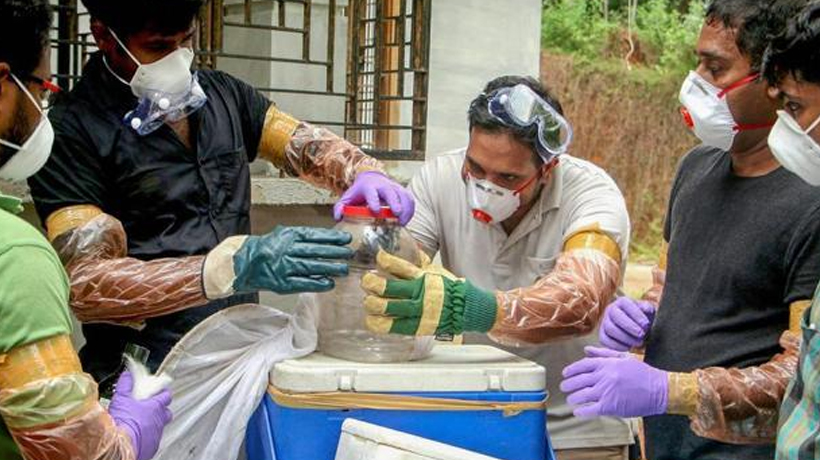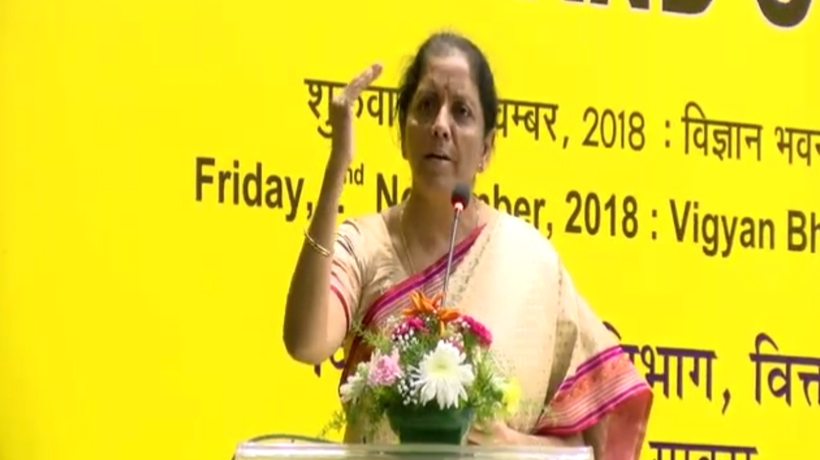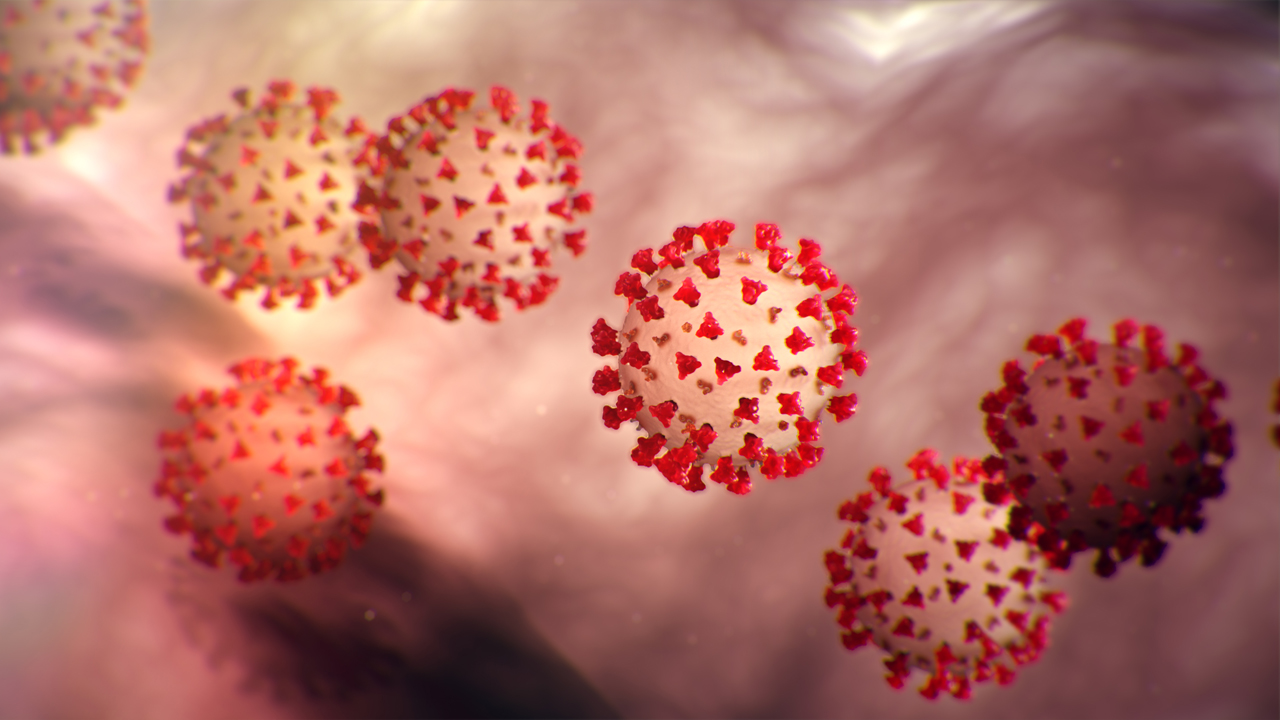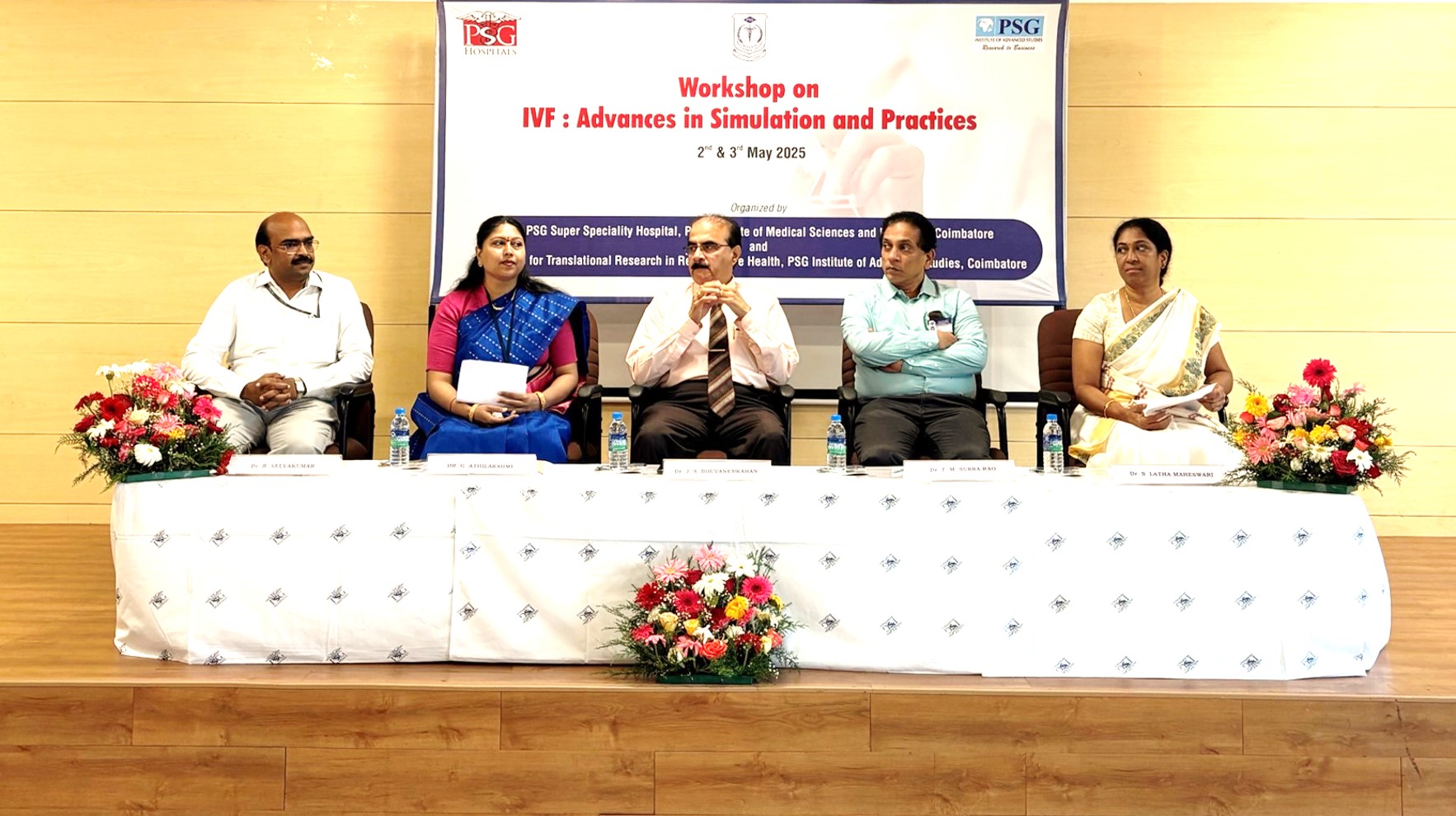Trending Now
- Alliance talks between AIADMK and BJP are ongoing. An announcement will be made at the right time – Union Home Minister Amit Shah.
- Vijay spoke about TVK vs. AIADMK only to motivate party workers – AIADMK General Secretary Edappadi K. Palaniswami.
- South Indian audiences are not interested in Hindi films, which is why they don’t succeed – Salman Khan.
- KL Rahul joins Delhi Capitals; the team will face Hyderabad tomorrow.
Whats Hot
The Nipah menace: Six die in Kerala after viral infections
![]() May 22, 2018
May 22, 2018
As many as six people who were infected with the Nipah virus (NiV) — named after a part of Malaysia where its first outbreak was reported — have died in Kerala, according to the latest reports.
Body fluid samples of seven others who died in Kozhikode (Calicut) and Malappuram districts have been sent for tests.
The World Health Organisation (WHO) says the Nipah infection is a “newly-emerging” zoonosis – a medical term used to refer to diseases which can transmitted to humans from vertebate animals.
While the UN agency notes that fruit bats belonging to a specific genus (a zoological class) are Nipah’s “natural hosts” – it lists outbreaks caused by “intermediate” hosts (pigs in Malaysia) and infected plant matter (Bangladesh), and says transmission between humans has also been known to take place.
CM Pinarayi Vijayan has informed that [the] government is closely monitoring the spread of the Nipah virus. [The] health department is doing everything possible to save the lives of the infected and prevent the advance of virus.—- Kerala Chief Minister’s Office | Twitter/@CMOKerala
So how do we know a person has been infected?
Well, WHO says Nipah can manifest itself in a number of ways: The infection can be “asymptomatic” – in other words, produce no symptoms – or lead to “acute respiratory syndrome and fatal encephalitis [inflammation of the brain].”
So what’s the cure?
WHO says vaccines don’t exist (neither for humans nor for animals), and that “the primary treatment for human cases is intensive supportive care.”
PRECAUTIONS
In Kozhikode and Malappuram, people have been advised to take the utmost care – the virus could be transmitted through contaminated water or fruits. Seasonal produce like mangoes, guavas and jackfruits should be consumed with caution.
People have also been advised not to eat fruits lying on the ground.
Out of the six people who died, one was a nurse who treated two of the victims. Medical staff, too, are vulnerable to infection, and those coming in direct contact with patients should use face masks and hand gloves.























